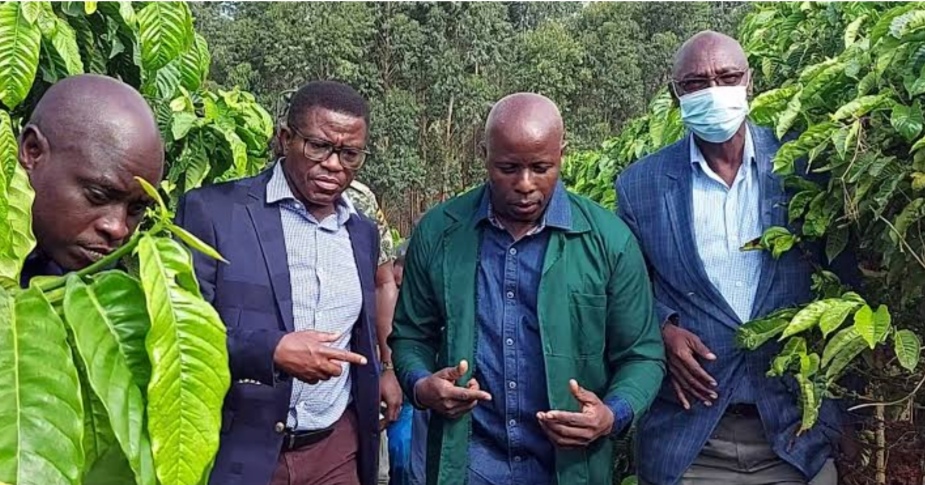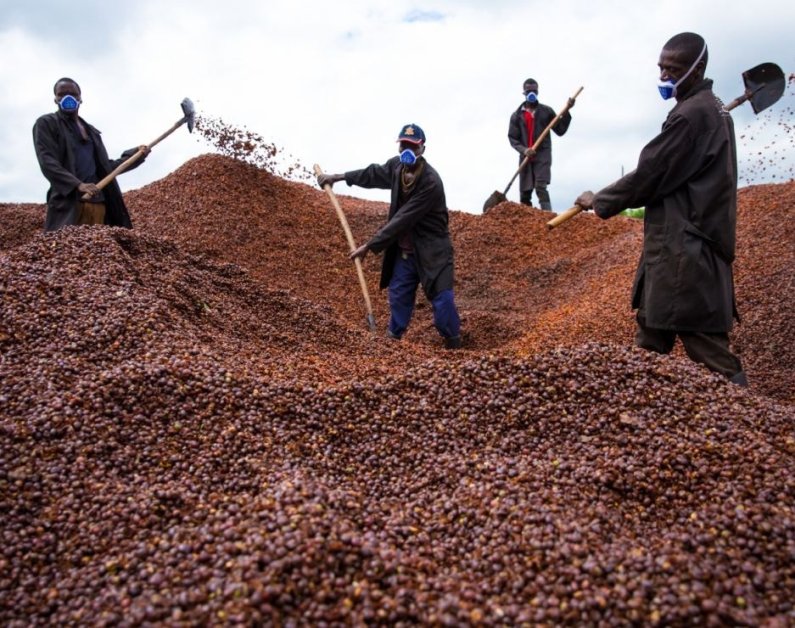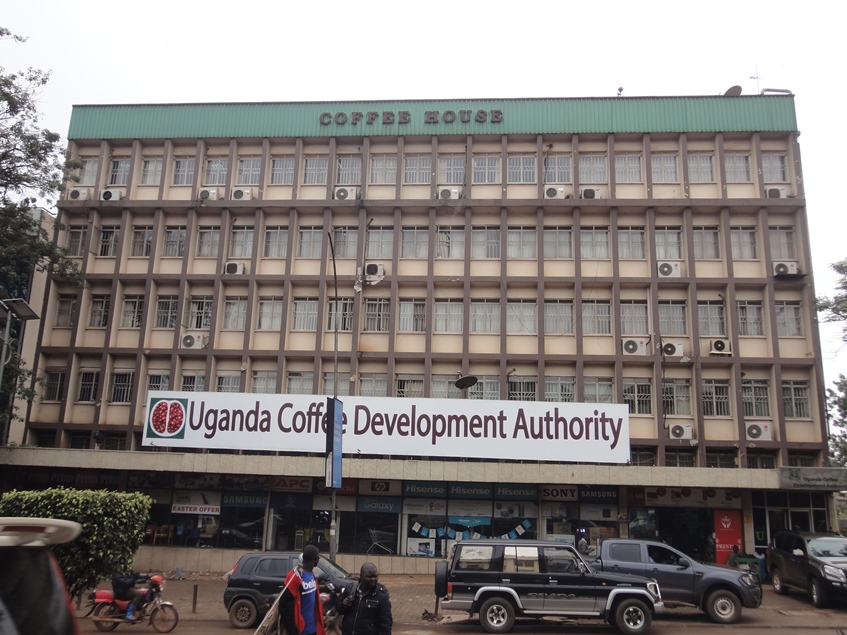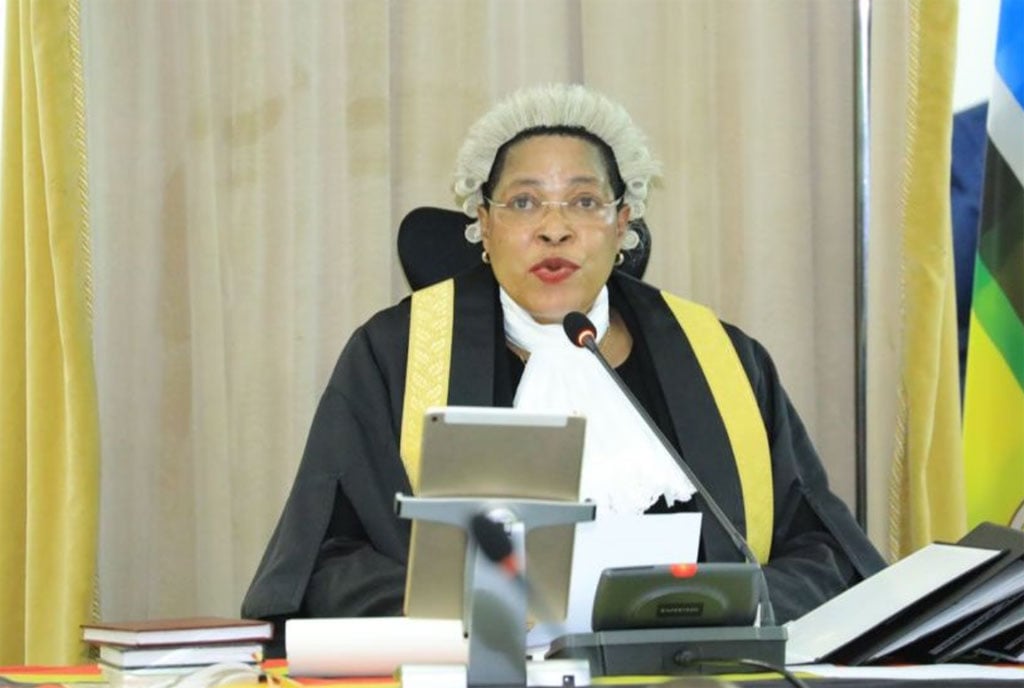It is an old story playing out now in the public square. Coffee has had a historical polarizing trajectory, right from the early days of our independence.
In 1963, the then Executive Prime Minister Apolo Milton Obote’s government was up in arms with Buganda government over price legislation. Obote’s government fixed the price at 40cents based on the world market and the need to help capitalization of Coffee Marketing Board (CMB) which was in the budding stage. The Buganda government demanded 60cts.
In the ensuring altercations, when the Lukiiko was convened, divisions emerged over directing farmers not to sell coffee to Coffee Marketing Board (CMB). Obote had appointed Roger Mukasa to head CMB which legally was the only coffee buyer. The question by those opposed to this stand was, if Baganda could not sell their coffee to CMB, where else would they sell it. This led to accusations that Baganda were politicizing coffee economics and allegations that wealth Baganda were taking advantage of the boycott to buy coffee from poor farmers at a price less than the official 45cts which they purported to protest against.
When the boycott intensified, Obote wrote to Katikiro Kintu calling off any discussions about coffee prices. It turned out that the farmers sold coffee to CMB agents on a black market at night in defiance of the Mengo establishment directive not to sell the coffee.

In the early 1970s, Uganda experienced a coffee boom as a result of a devastating frost that hit Brazil and destroyed a large portion of the coffee farms.By this time, coffee exports averaged 3 million 60kg bags and Uganda’s coffee export amounted to 4% of the global coffee export. This boom led to massive smuggling to neighboring countries where the price was twice that of Uganda. President Idi Amin’s government set up anti-smuggling units that were too ruthless to anyone caught in the act. The smuggling reached record levels when the effects of trade embargo imposed on Uganda by European countries started to bite, till Amin was deposed in 1979.
This historical perspective brings out two salient points. The first is that there has never been a situation in Buganda where farmers have planted coffee as a group, but they have done it at marketing level through unions. Farmers have planted coffee as small holder individuals. The second is that whenever there is a boom, we are only celebrating the disaster that has struck some of our competitors on the world market including the current situation. Whenever, big coffee producers like Brazil, Vietnam, Colombia, Indonesia, are struck by bad weather, we become beneficiaries of their woes. This happened In the 1970s and it is what is playing out now.
The current policy of rationalizing Uganda Coffee Development Authority (UCDA) and the attendant protestations by MPs mostly from Buganda is an extension of a historical sense of suspicion between Mengo and the central government.
As a policy, the government decided to merge entities that perform similar work, so the return of UCDA to main stream Ministries, just like the others. Those opposed to the move have advanced several reasons, the major one being that it will affect both production and marketing of coffee. The truth in this assertion is thin. All the activities concerning coffee production are handled by different entities like National Agricultural Research Organisation (NARO), Operation Wealth Creation (OWC), National Coffee Resources Research Institute (NaCORI) which are involved in research, the Ministry of Agriculture, Animal Industry and Fisheries (MAAIF) does overseeing, policy and marketing. UCDA mostly does the duty of supervision and partly marketing.

The argument that the transfer of UCDA to the mother ministry will impact negatively production is not entirely true, because there are supervisory roles given to different ministry departments. This is more of political posturing than reality. Opposition parties have always looked for a rallying call that resonates with the gullible public. Now, the use of coffee as a campaign tool is intended to sow discord among the populace against government policy.
When you produce a product, whose consumption depends on 60% foreign market, you must be careful when dealing with their demands. The Europeans have stated in unequivocal terms, the stringent conditions that involve quality control, registration of farmers to ensure quality assurance, coffee that is not planted in deforested areas.We are producers of a product that we hardly consume. So we must align our interests with the interests of our product consumers. To rationalize means to be cost effective. What we fetch from the sale of coffee must be spent in areas that ensure high returns. The salary purse of UCDA is over bloated that is why the same employees who initially were in Ministry of Agriculture resigned and joined UCDA. The executive director Mr. Emmanuel Lyamuremye was an employee of the mother ministry before joining UCDA.
The role of seedling provision and nursery bed development is a multi-pronged approach. Part of it management is under OWC, NaCORI and NARO, the extension services are employees of the Ministry of Agriculture (MAAIF). Basically, UCDA is left with a supervisory role. When you see opportunist politicians vehemently opposing the move, it indicates the level of ignorance about the synergy between UCDA, the Ministry and other agencies in the coffee sector.
Opposing the registration of coffee farmers is a shortsighted stance. It makes it easier to trace the origin and quality of coffee to a specific farmer. This keeps the farmer aware of the consequences of harvesting raw coffee and the need to ensure quality control.
It is wrong to cut down forests in order to plant coffee. We need both as part of the ecosystem. So cutting one and replace it with another is counter-productive. So Europeans insist that coffee from such places would be rejected. It is only logical that deforestation must be discouraged. The notion that virgin lands must be used after cutting down trees has to be discarded and use of fertilizers and modern farming methods employed.

In Uganda, it is a free market economy where the forces of demand and supply determine price, so it is wrong for the agitators to tell the public that the government wants to remove UCDA in order to push down the prices, when actually UCDA has no role in fixing the market prices. Prices are fixed at the world market level based on international forces of demand and supply. So it should be pointed out that as we celebrate high prices now, we also be prepared for low prices in future, should the forces of demand and supply negatively shift.




